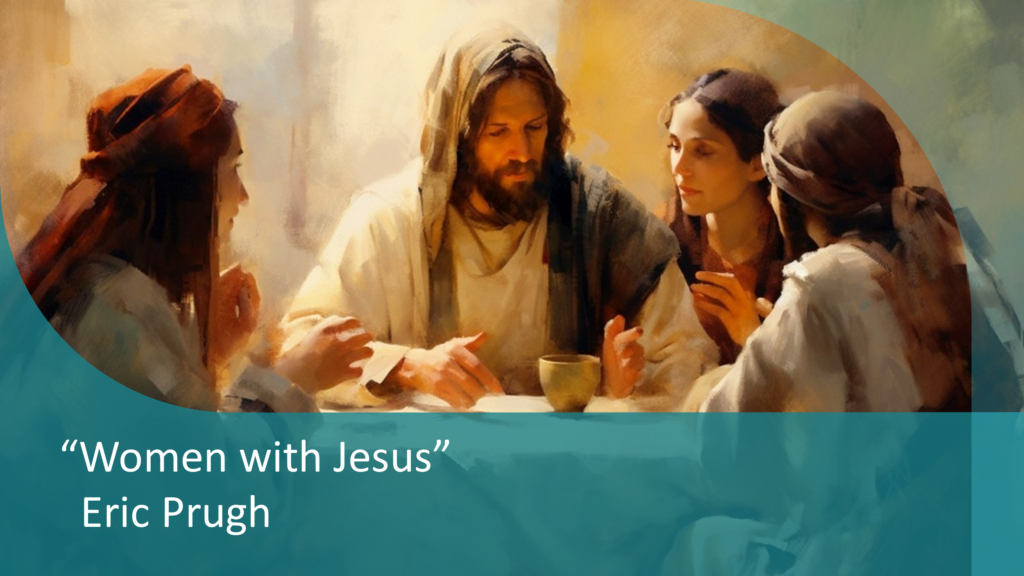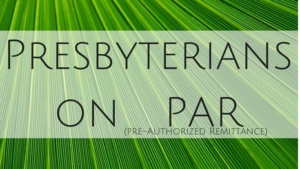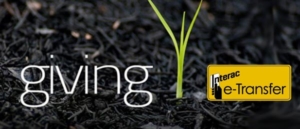Come as you are.
Life-long Jesus follower, or never cracked open a Bible. Shirt and tie guy, or jeans and sneakers person. You are welcome here. We invite you to join our perfectly imperfect community where we explore together the big questions: What’s the meaning of life? Does my life have a purpose? Who is Jesus? What does it mean to be a Christian? No question is dumb or insignificant. We explore these together, we seek to bring hope and healing in our neighbourhood and city through practical projects all while having fun and the odd potluck!
One Service. Three Ways:

On Line
Join Us From Home or Away via Zoom
Go to: https://zoom.us/
Click “Join a meeting” > meeting ID: 786 765 4264 > password: 184 928
OR Call Toll Free: 1 855 703 8985 > meeting ID: 786 765 4264 > password: 184 928

In Person
Join Us
St Paul’s Presbyterian Church
1545 Monaghan Road – enter at McDonnel Street
Join us at St Paul’s Presbyterian worship sanctuary located at the front north corner of The Mount Community Centre
 This Sunday we will resume our “Reconcilable Differences” sermon series as we continue to learn from God’s word how we can become “forgiven forgivers.” We have received very positive feedback to this series and Pastor Debora thanks those who have shared with her how this teaching series is helping you build stronger relationships.
This Sunday we will resume our “Reconcilable Differences” sermon series as we continue to learn from God’s word how we can become “forgiven forgivers.” We have received very positive feedback to this series and Pastor Debora thanks those who have shared with her how this teaching series is helping you build stronger relationships.
Our Music Director, Douglas Schalin suggested that we cover the topic of “forgiving ourselves.” He has observed that often people live with deep and persistent feelings of regret and self-condemnation over some action or words spoken which they feel are unforgivable.
So this Sunday we will discuss how we can forgive ourselves by studying the story of two men in scripture. Both messed up. One was able to receive Christ’s forgiveness, was restored in his relationship with his Lord, and went on to have a fruitful ministry. The other man turned away from Christ, gave into despair and killed himself. He believed what he had done to be unforgivable.
To prepare, read ahead: Matthew 26:14-16; 69-75 and Matthew 27:1-5

Happy Thanksgiving! Everyone is welcome to join us this Sunday.
Our own elder, Brenda Roxburgh, will be preaching on the theme that testimony is giving.
We look forward to hearing her words on this special Sunday.
To prepare, read Psalm 107: 1-9, John 8: 12-19, 1 John 5: 6-12.
 This Sunday we will resume our sermon series called: Reconcilable Differences as we consider the cost of UNforgiveness.
This Sunday we will resume our sermon series called: Reconcilable Differences as we consider the cost of UNforgiveness.
As we know forgiveness, in and of itself, doesn’t make the pain go away. We can’t easily forget the betrayal, we don’t quickly rebuild lost trust and we may have experienced some permanent loss that can never be restored.
There is a cost to forgiveness and also to unforgiveness. God leaves it up to us which we will choose. There are consequences to both. What consequences ultimately will be easier for us to bear? Join us as we consider the price of unforgiveness.
To prepare, read: Leviticus 19:15-18, Matthew 6:5-15 and 2 Corinthians 2:5-11.
Sunday Sept 29, 2024 - Women With Jesus
 If you were asked to name Jesus’s disciples, or the writers of the Gospels or the New Testament letters, you would come up with a list of names, men’s names. But what of the women who played important parts in early Christianity? Could you name any of them, or describe what the roles they played? Sadly, most of us come up short on this information. But this Sunday, our own Elder Eric Prugh will discuss “Women with Jesus,” so we will all have a chance to make up for this lack of knowledge and understanding.
If you were asked to name Jesus’s disciples, or the writers of the Gospels or the New Testament letters, you would come up with a list of names, men’s names. But what of the women who played important parts in early Christianity? Could you name any of them, or describe what the roles they played? Sadly, most of us come up short on this information. But this Sunday, our own Elder Eric Prugh will discuss “Women with Jesus,” so we will all have a chance to make up for this lack of knowledge and understanding.
 This Sunday we will continue with part two of our sermon series on “Reconcilable Differences.” In this sermon we’ll consider whether forgiveness is optional. Are some offences just too horrific to merit forgiveness — for example, the murder of a child? If we forgive in such cases does it mean we are letting the perpetrator “off the hook” and perhaps granting them permission to offend again?
This Sunday we will continue with part two of our sermon series on “Reconcilable Differences.” In this sermon we’ll consider whether forgiveness is optional. Are some offences just too horrific to merit forgiveness — for example, the murder of a child? If we forgive in such cases does it mean we are letting the perpetrator “off the hook” and perhaps granting them permission to offend again?
This Sunday we will consider two contemporary real-life stories and contrast these with Jesus’ parable of the Unforgiving Servant. How would Jesus have us respond…and why?
 This Sunday we are going to shine a spotlight on some of the good work undertaken by Presbyterian World Service and
This Sunday we are going to shine a spotlight on some of the good work undertaken by Presbyterian World Service and
This Sunday we will begin a new sermon series on the topic of forgiveness called “Reconcilable Differences.” We hear far more about irreconcilable differences these days – usually in the context of failed marriages.
But irreconcilable differences are not limited to marriage partnerships as we well know. It seems that it is far easier to slap a label on another person: “liar”, “anti-vaxxer”, “deranged”, than to work to understand their point of view and to seek common ground. The society in which we are living in has been called a “cancel culture” in which people move very quickly from a place of disagreement or a revelation of some scandal to automatically and permanently wishing to punish, condemn and cast out the offending party.
When Jesus was teaching long ago, in the crowd were those who hoped to cancel him. When he forgave a man of his sins, they were outraged that he should have the audacity to claim to be God. As we know, over time they did try to cancel him, permanently and forever on a cross. Fortunately for them, and us, they didn’t succeed and instead were offered forgiveness.
So how can we forgive? And if we do, does it mean that we are foregoing justice? We will be exploring these and other questions in the course of the series.
I hope you’ll join us and invite anyone you may know in your life who might be struggling to forgive — whether that’s themselves or someone else.
On another note: Our choir is back! It will be wonderful to have them participate in worship once again after a well-deserved summer break.
FALL BOOK CLUB - Sign up now!

OFFERING
You can send weekly or monthly offering by mail, by dropping off at the church’s new letter slot in the green door, by Pre Authorized Remittance (PAR), and through www.CanadaHelps.org by searching for St. Paul’s Presbyterian Church Peterborough. Electronic bank transfer (e-transfers) can be sent to finance@stpaulspeterborough.ca






